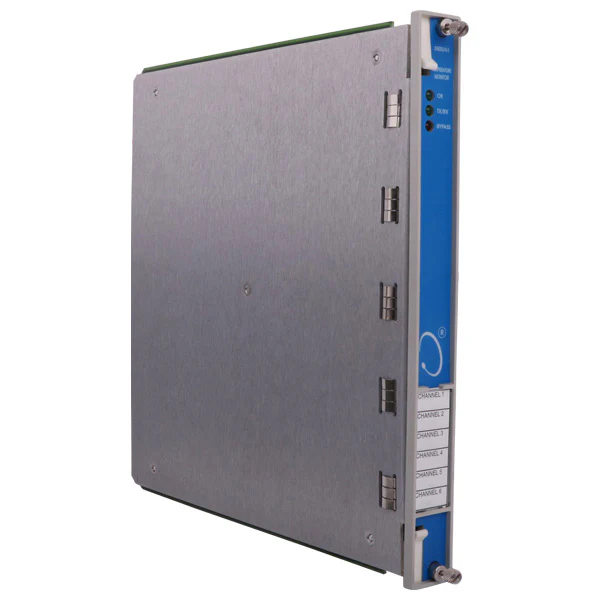Recording Automation: The Essential Role of Recorders in Industrial Systems

Category: Recorders
In industrial automation, recorders serve as the eyes and memory of the system — capturing vital data from processes to ensure accuracy, traceability, and performance optimization. From monitoring temperature and pressure to logging voltage and flow rates, recorders play a crucial role in maintaining control, safety, and efficiency across automated operations.
What Is a Recorder?
A recorder is a device that measures and logs key process parameters such as temperature, humidity, voltage, current, pressure, or flow over time. These readings are stored for analysis, helping operators track performance, detect faults, and maintain compliance with industry standards.
Recorders are indispensable in automation because they turn raw data into actionable insights, allowing engineers to fine-tune processes, improve reliability, and ensure consistent quality in production environments.
How It Works
Recorders collect data from connected sensors and transmitters. The input signals — analog or digital — are processed, displayed, and stored either locally (on chart paper or internal memory) or digitally (via network or cloud systems).
Modern digital recorders can monitor multiple channels simultaneously, display data graphically, and even send alerts when parameters exceed preset limits. This real-time visibility supports smarter, faster decision-making on the factory floor.
Common Types of Recorders
• Chart Recorders: Use paper charts to display real-time data in graphical form — ideal for legacy systems and on-site monitoring.
• Digital Recorders (Data Loggers): Store measurements electronically for easy retrieval, analysis, and reporting.
• Hybrid Recorders: Combine both paper and digital recording capabilities for maximum flexibility.
• Network/IoT Recorders: Transmit recorded data to cloud or centralized systems for remote monitoring and predictive analytics.
• Temperature & Process Recorders: Specially designed to log thermal and process-related parameters critical in manufacturing, food, and pharmaceutical industries.
Why They Matter
Recorders are vital to automation systems because they:
• 📊 Provide continuous data tracking for process optimization.
• 🔍 Enable fault detection and preventive maintenance.
• 🧾 Ensure compliance with safety and quality standards.
• 🌐 Integrate with PLCs, SCADA, and IoT systems for remote visibility.
• 🧠 Support data-driven decision-making and operational transparency.
Applications
Recorders are used in a wide range of automated environments:
• Manufacturing: Monitoring temperature, speed, and pressure in production lines.
• Energy Systems: Tracking voltage, current, and power quality.
• HVAC: Recording temperature and humidity for climate control.
• Food & Pharma: Ensuring accurate temperature and process validation for safety and quality.
• Water & Waste Management: Monitoring flow, level, and pressure data for regulatory compliance.
The Future
With Industry 4.0 accelerating digital transformation, recorders are evolving into smart data platforms. Advanced recorders now feature wireless connectivity, AI-powered analytics, and integration with cloud systems — enabling predictive maintenance and remote diagnostics.
These innovations reduce downtime, enhance system reliability, and empower industries to make intelligent, data-driven decisions in real time.
Final Note
Recorders are the memory core of automation — ensuring every process is tracked, analyzed, and optimized. From ensuring product quality to maintaining operational integrity, recorders transform automation data into knowledge that drives performance.
📞 Call us: +1 (234) 288 1755
📧 Email: [email protected]
- Art
- Causes
- Crafts
- Dance
- Drinks
- Film
- Fitness
- Food
- الألعاب
- Gardening
- Health
- الرئيسية
- Literature
- Music
- Networking
- أخرى
- Party
- Religion
- Shopping
- Sports
- Theater
- Wellness



